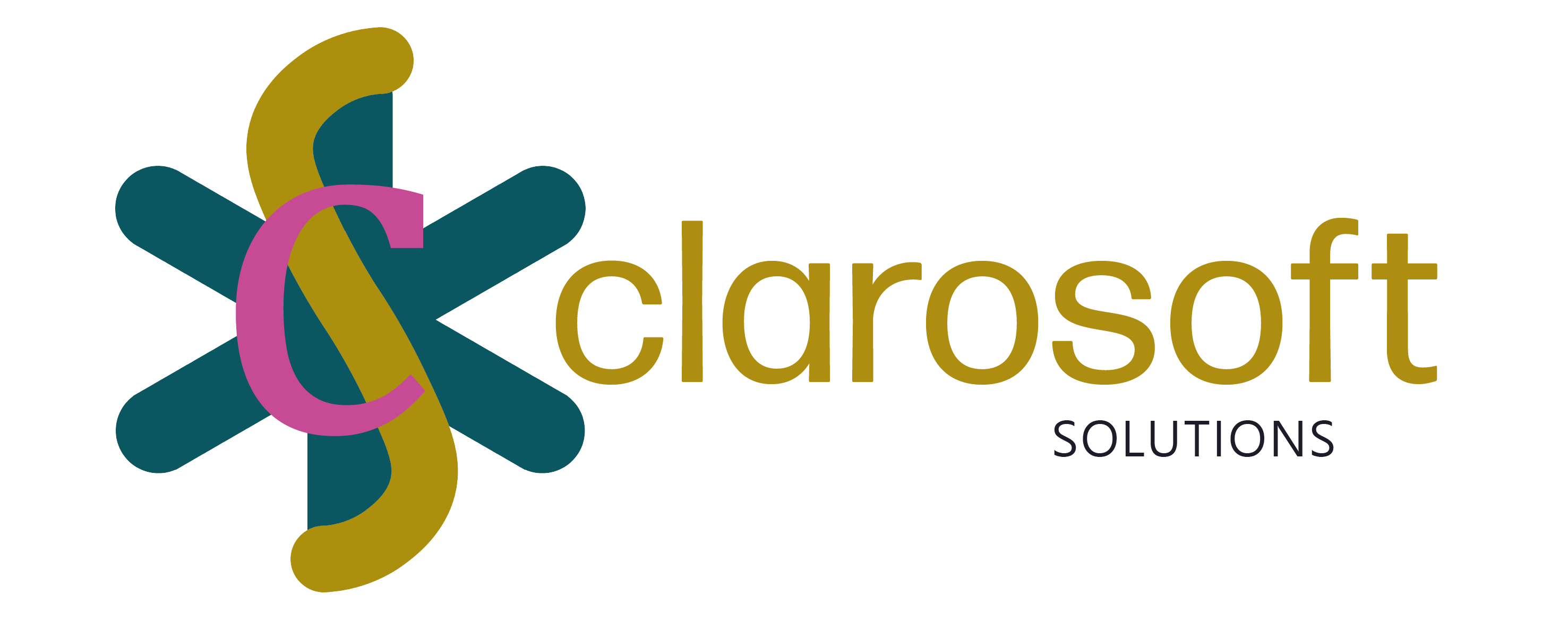OUR PASSION
When I started my first job as a computer programmer in August 1993 I was one of two female engineers in the office. Sadly, that ratio has not changed in the last 25 years. Even now, when I walk into an office for the first time, it is rare for me to meet more than one female in a software engineering role, and common to see no females at all. I have seen an increase in the number of female project managers, business analysts and system testers, but females are still hugely under-represented in computer programming roles. My experience is validated by the statistics: females make up just 13% of students studying computer science, gaming and related courses in the UK.*
I’m not the only one concerned about this. Melinda Gates has spoken eloquently on the need for more women in tech**, in particular the bias in schools that results in programming been seen as “boys’ stuff”. This, too, is my experience: recently I visited with a group of teenage girls working on a high school project sponsored by a tech multinational aimed at encouraging girls to code. These girls were bright and capable, but they struggled to relate to coding. The just couldn’t see the value their contribution could bring. In the end, they “got one of the boys to help” them finish the project. They didn’t think they could do it on their own. I found the experience depressing but I realised – as others have – that high school is too late to start encouraging girls’ interest in coding. Efforts need to start at a much earlier age – primary school, and younger.
But why does this matter so much, when there are many other industries where the male to female ration is not balanced, yet we don’t hear so many complaints about it?
It’s about the impact on society – that’s why. The impact on society is huge. Let me explain…
Think about how many hours a day you devote to activities that rely on software. Phone messages, emails, web searches, social media, sat navs, online shopping, banking and submitting forms. I can guarantee you that a very high percentage of the software you used today was designed and written exclusively by men. Software impacts every aspect of our lives, and that impact is going to increase. Over 50% of our population have no influence on the design of software that we use every single day, and the lack of female programmers means that this bias is being “baked in” to our future. I worry that we might be already too late.
Think of how different our experience would be if the software we use every day had been designed and developed by an equally balanced collective of men and women. How different do you think Facebook or Twitter would look? Do you think young girls would be better able to connect with the design and be inspired to create their own?
Please note that I am not anti-men – ironically it was men, not women, who saw my potential as a programmer and inspired me to be one of only 4 women in the entire computer science year at my university. Some fantastic men have mentored me over the years and, indeed, men have as much as role to play in reversing this trend as women do. If you are reading this and you have daughters, or nieces, or any young woman you have influence over, do you challenge some of their unstated assumptions about what a female engineer looks like? Let me give you an idea of some myths about programming that leads girls to think it’s not for them:
“I have to like maths” – I was good at maths in high school, but I thought it was boring and – apart from the mandatory credits required for my degree – have had nothing to do with it since.
“I have to like computer games” – Apart from a brief flirtation with Resident Evil (encouraged by a friend), I have never played a computer game in my life.
“I have to be the type of person who likes writing code in their spare time” – I haven’t written a line of code outside a work context. I’m too busy enjoying other stuff.
“It’s for tomboys” – I’m the most girly geek you will find. I like clothes, perfume, Blade Runner and Cloud computing 🙂
“It’s for sad geeks who don’t have any friends and spend their Saturday evenings trying to hack into a website” – I have too many friends and wish I had more time to see them all. The only time I’m on a computer on a Saturday night is to order takeaway.
It’s a myth that in order to be a good programmer you have to be coding all the time to the exclusion of everything else. Being the type of person described above can actually be a disadvantage when designing software. Designing software is ultimately about enhancing the human experience – making our lives easier in some way, or enabling us to connect with each other. Having a balanced male-female influence on solutions design can actually make life better for both genders.
Here’s hoping…

* https://www.stemwomen.co.uk/blog/2019/08/solving-the-gender-gap-in-computer-science-and-gaming
** https://www.theatlantic.com/business/archive/2017/03/melinda-gates-tech/519762/
